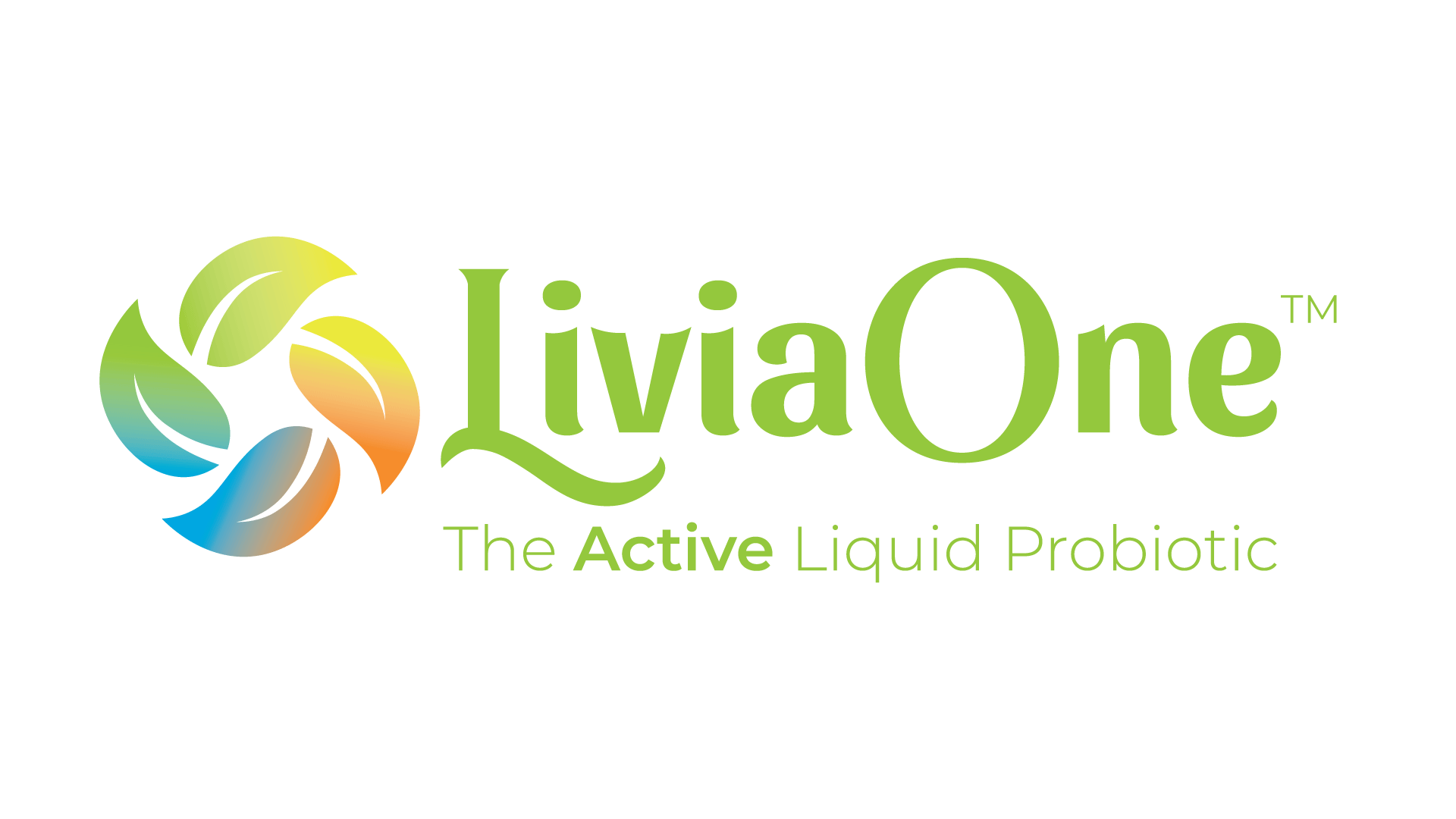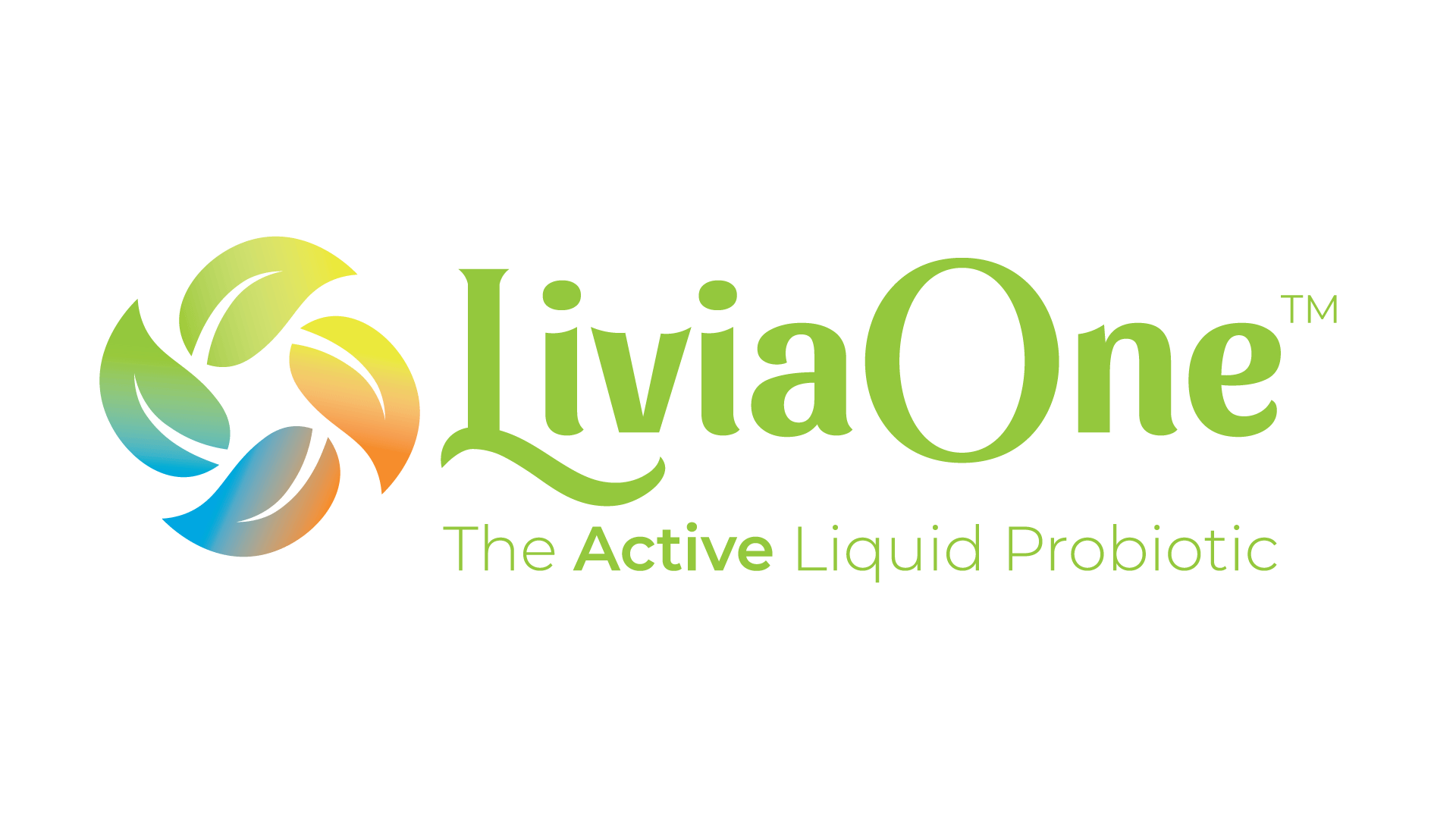Bifidobacterium Animalis
Of the millions of bacteria living in the human body, most are harmless, including those rendered harmless by the immune system. Some, however, are actually good for the body. These are called probiotics. The World Health Organization defines probiotics as, "Live microorganisms which, when administered in adequate amounts, confer a health benefit on the host."
Bifidobacterium animalis is one such probiotic. Bifidobacterium lives in the large intestines of most mammals, including humans, and is essential for healthy digestion. Bifidobacteria help maintain the body's digestive balance in several ways. In the large intestines, they compete for food and space. To do so, they attach themselves to the intestinal wall. A body with a flourishing colony of bifidobacteria has little room and few nutrients to spare for the harmful bacteria that may try to invade. Bifidobacteria are also excellent producers of acids that reduce pH. In this way, they prevent illness-causing bacteria that prefer an alkaline environment.
Bifidobacteria also has an important role in cancer prevention. Nitrates enter the body in food and water. Some types of harmful bacteria can change nitrates into nitrites, a cancer-causing substance. Bifidobacteria reduce the existence of these harmful bacteria and their ability to feed. When these bad bacteria have no place to attach themselves and no food, they simply continue through the digestive tract and pass out of the body.
Bifidobacteria are anaerobic, meaning they do not need oxygen to survive. Many forms of harmful bacteria do require oxygen. Because the bifidobacteria produce an environment that is acidic and lacking oxygen, these harmful bacteria are unable to survive passage through this area.
In addition to these vital functions, bifidobacteria produce important B-complex vitamins. They also contribute to successful dietary management of some liver conditions.
The specific strain Bifidobacterium animalis is one of over thirty strains of bifidobacteria, which is one of the most common groups of bacteria found in the intestines of humans and other animals. Bifidobacteria animalis encompasses two types which were once thought to be completely separate strains. Bifidobacterium animalis and Bificobacterium lactis are so similar at the subspecies level that they are now denoted as Bifidobacterium animalis subsp. animalis and Bifidobacterium animalis subsp. lactis.
Yogurt giant Dannon used Bifidobacterium animalis in their Activia brand of yogurt. Not only do they use it, but they market Activia as yogurt with a unique probiotic culture that helps naturally regulate the digestive system. Studies conducted by Dannon have shown that Bifidobacterium animalis survives the trip through the digestive tract and significantly reduces colonic transit time.
In 2005, a related study by scientist Chr. Hansen demonstrated positive effects when using probiotics, including Bifidobacteria animalis, in dealing with intestinal inflammation and harmful bacteria. In this study, a high percentage of those treated with Bifidobacteria animalis showed a reduction in bowel frequency, a reduction in liquid stools per week, and an increase in solid stools per week. The study concluded that probiotic treatment may potentially influence the disease course of collagenous colitis, an inflammatory condition of the colon that causes chronic diarrhea.
In a different type of study, Italian scientists investigated the effects of Bifidobacterium animalis in rats with an induced zinc deficiency. Though zinc deficiency caused ulcerations, edema, inflammatory cell infiltration, and dilation of blood vessels, the mucosa of the rats which received Bifidobacterium animalis was well-preserved. In addition, most of the symptoms in the treated rats normalized. A high concentration of Bifidobacterium animalis was present in rats waste, meaning that it survived and even thrived in spite of the zinc deficiency. This suggests that treatment with Bifidobacterium animalis can help protect the intestines from zinc deficiency.
Another exciting study, this one conducted in Japan in 2006, suggested that an effective Bifidobacterium animalis oral vaccination could be used to prevent types of Salmonella.
The affects of Bifidobacterium animalis are still undergoing study, but this helpful bacteria seems to have multiple benefits that help humans and animals maintain a healthy digestive system.
REFERENCES:
Masco, L. et al. (2004) International Journal of Systematic and Evolutionary Microbiology.
Polyphasic Taxonomic Analysis of Bifidobacterium animalis and Bifidobacterium lactis. PMID:15280282.
Mengheri, Elena, et al. (1999). The Journal of Nutrition. Bifidobacterium animalis Protects
Intestine from Damage Induced by Zinc Deficiency in Rats.
Shirakawa, Toshiro, et al. (2006). Molecular Therapy. Genetically Engineered
Bifidobacterium animalis Expressing Salmonella flagellan Gene for the Mucosal
Immunization in Mouse Model. doi:10.1016/j.ymthe.2006.08.1206.
Trenev, Natasha. Probiotics: Nature's Internal Healers. Garden City Park, New York: Avery Publishing Group, 1998.
Wildt M.D., Signe et al. (2005). Wiley Interscience. Probiotic Treatment of Collagenous Colitis.doi:10.1097/01.MIB.0000218763.99334.49.
For more information:
 A complete description of probiotics, along with groundbreaking recent clinical research illustrating the many ways probiotics can prevent disease, can be found in Probiotics - Protection Against Infection: Using Nature's Tiny Warriors To Stem Infection. This new compendium from one of contributing authors of the content on this page, Dr. Casey Adams, PhD., takes the confusion out of selecting and supplementing with probiotics. Referencing over 500 scientific studies and reports, and with detailed instructions on how to make your own probiotic foods, this book is a must for anyone seeking to understand the power of probiotics, and improve their immunity and vitality. Click here for ordering information.
A complete description of probiotics, along with groundbreaking recent clinical research illustrating the many ways probiotics can prevent disease, can be found in Probiotics - Protection Against Infection: Using Nature's Tiny Warriors To Stem Infection. This new compendium from one of contributing authors of the content on this page, Dr. Casey Adams, PhD., takes the confusion out of selecting and supplementing with probiotics. Referencing over 500 scientific studies and reports, and with detailed instructions on how to make your own probiotic foods, this book is a must for anyone seeking to understand the power of probiotics, and improve their immunity and vitality. Click here for ordering information.
Please read this Disclaimer:
The contents of this site, such as text, graphics, images, information obtained from www.Probiotic.org licensors and other material ("Content") contained on this site is for informational purposes only. The Content is not intended to be a substitute for professional medical advice, diagnosis or treatment. Always seek the advice of your physician or other qualified health provider with any questions you may have regarding a medical condition. Never disregard professional medical advice or delay in seeking it because of something you have read on this site!

